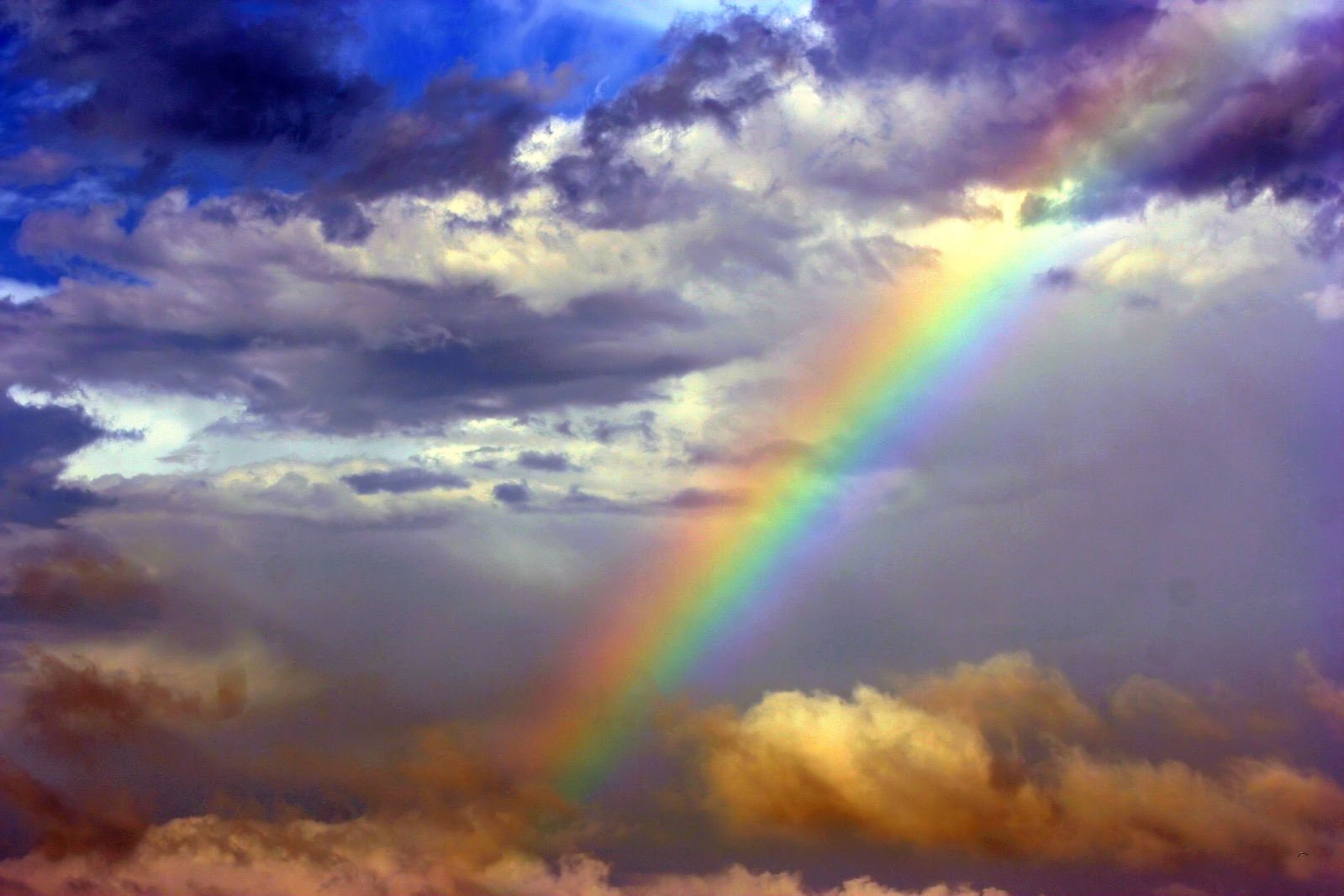
This week’s Torah portion of Noah (Genesis 6:9–11:32) highlights the well-known story of the righteousness of Noah and the decline of the world, which led to the flood.
Although this story may seem mythical, it contains one of the most essential and spiritual principals for humankind.
Despite the corruption that filled the world, the merciful God gave humankind a second chance and established an “everlasting covenant between God and every living creature” (Genesis 9:16).
Since God established this covenant with Noah and his descendants, it is known as the “Noahide Covenant.”
The book of Genesis references seven universal laws that are the foundation of this covenant.
Based on a belief in God, the “7 Laws of Noah” include: 1) not to worship idolatry, 2) not to curse God, 3) not to murder, 4) not to commit adultery, 5) not to steal, 6) to establish courts of law, and, 7) to not be cruel to animals, especially the barbaric practice of eating a limb from a living animal.
God placed a “rainbow in the clouds to be a sign of the covenant” (Genesis 9:13), and it is striking that a rainbow has seven colors.
The Noahide covenant is a powerful refutation to other religions that claim that their way is the only “one way” to get to God.
Christian missionaries go so far as to quote Jesus as saying, “no one comes to the Father except through me” (John 14:6).
Judaism teaches that there are two ways to one God. Non-Jews are commanded to abide by the 7 laws of the Noahide covenant, and Jews follow the 613 commandments of the Sinai Covenant.
We find another striking allusion to this duel covenant in the story of Ruth. She converted to Judaism with the proclamation, “your people are my people, and your God is my God” (Ruth 1:16). The numerical value of the 3 Hebrew letters of Ruth’s name is 606. Ruth was already following the 7-universal laws, and upon conversion, she accepted the additional 606 biblical commandments, (hinted in her new name), bringing her total commitment to 613.
These two paths to one God offer every human being the ability to have an intimate relationship with God.
May this Shabbos provide the opportunity to discover our true spiritual potential.
Shabbat Shalom,
Rabbi Bentzion Kravitz